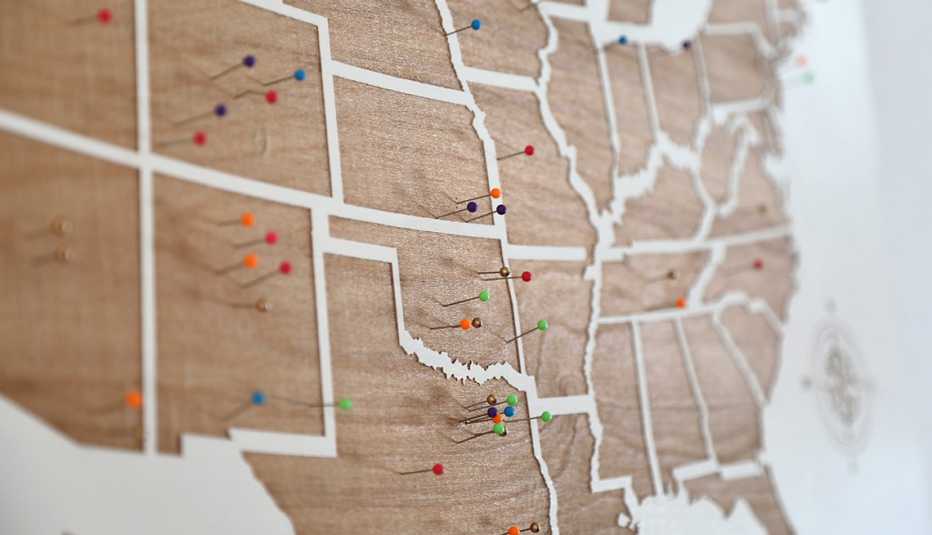AARP Hearing Center
CLOSE
Search
Popular Searches
Suggested Links
Leaving AARP.org Website
You are now leaving AARP.org and going to a website that is not operated by AARP. A different privacy policy and terms of service will apply.
Travel Tips
Get expert advice, the latest news, time-saving travel tools and creative ways to save on vacation
Events
Explore hundreds of AARP benefits, including a wide range of discounts, programs and services.
Ways to Save & Stay Safe
AARP in Your State
Find AARP offices in your State and News, Events and Programs affecting retirement, health care and more.












































































